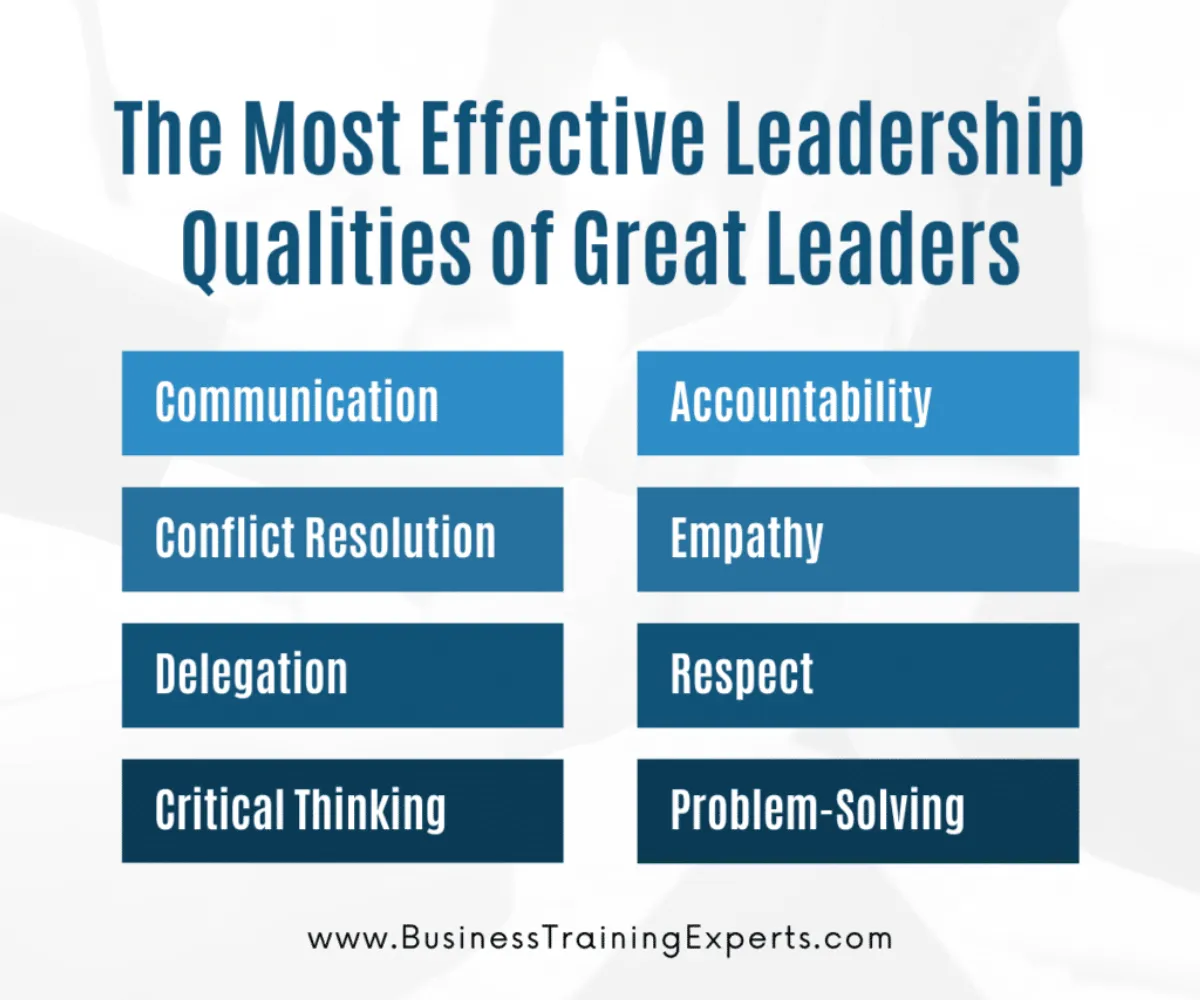Effective leadership skills are crucial for every manager’s success. From communication to decision-making, these skills play a vital role in guiding a team towards achieving goals and fostering a positive work environment.
What Makes a Good Leader?
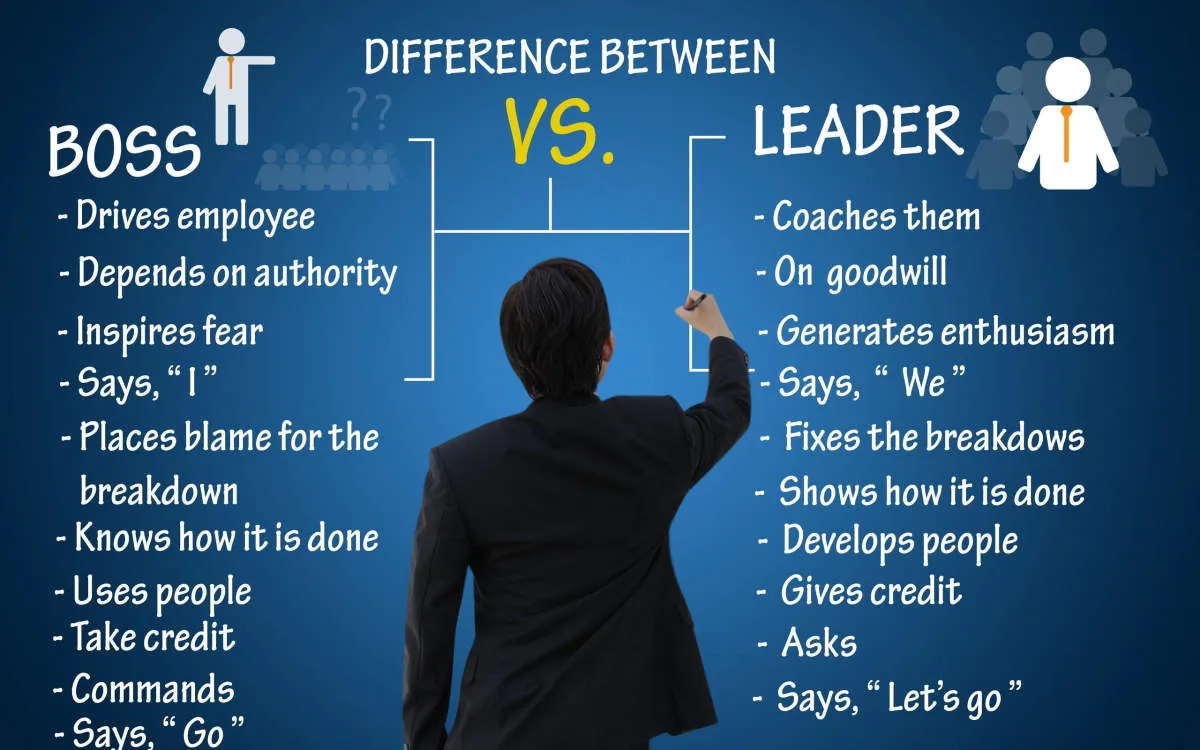
Being a good leader is about more than just holding a position of authority. It’s about inspiring, motivating, and guiding a team towards a common goal. There are certain qualities and skills that differentiate great leaders from average managers.
Here are some key elements that contribute to effective leadership:
- Strong Communication: A good leader is a clear and concise communicator, effectively conveying their vision, expectations, and feedback.
- Integrity and Ethics: Leaders set the ethical tone for their team. By demonstrating honesty, fairness, and accountability, they build trust and respect.
- Visionary Thinking: Effective leaders have a clear vision for the future and can articulate it in a way that inspires and motivates others.
- Decision-Making: Leaders are often faced with complex decisions. They need to be able to gather information, weigh options, and make sound judgments, even under pressure.
- Empathy and Emotional Intelligence: Understanding and responding to the emotions of team members is crucial. Good leaders cultivate a supportive and understanding environment.
- Delegation and Empowerment: Trusting your team and delegating tasks effectively is a sign of strong leadership. It allows team members to grow and develop their own skills.
- Adaptability and Resilience: The business landscape is constantly changing. Good leaders are adaptable, able to adjust to new challenges and bounce back from setbacks.
Communication Skills
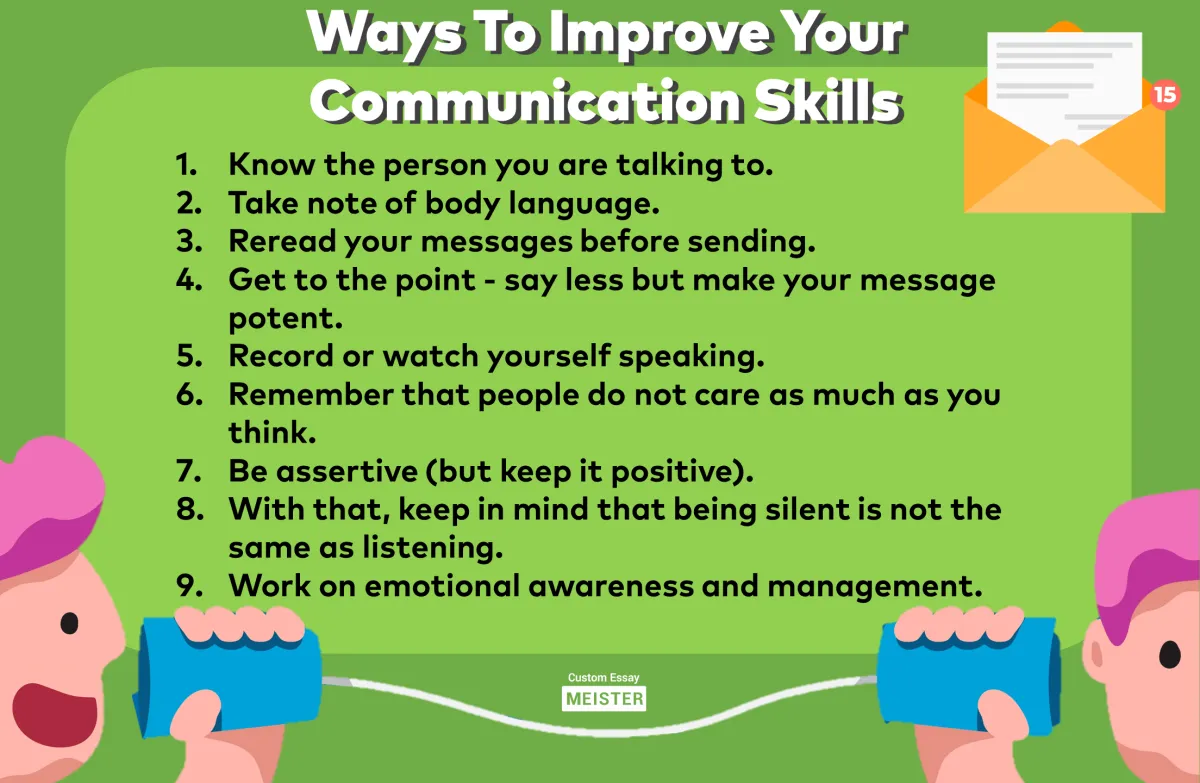
Effective leadership hinges on the ability to communicate clearly, concisely, and persuasively. A manager lacking strong communication skills is akin to a ship without a rudder – destined to drift aimlessly.
Active listening forms the bedrock of effective communication. Managers should strive to truly understand their team’s perspectives, concerns, and ideas. This involves attentive listening, asking clarifying questions, and providing feedback to ensure comprehension.
Clear and concise messaging is paramount. Managers should articulate their vision, goals, and expectations in a way that is easily understood by all team members. Avoid jargon, technical terms, or convoluted language that could lead to confusion.
Providing constructive feedback, both positive and negative, is essential for team growth and development. When delivering feedback, focus on specific behaviors and their impact, and frame it in a way that encourages improvement rather than defensiveness.
Adapting communication style to different individuals and situations is crucial for effective leadership. Recognize that what resonates with one team member may not work for another. Be flexible in your approach and tailor your communication to suit the audience and context.
Nonverbal communication speaks volumes. Managers should be mindful of their body language, tone of voice, and facial expressions. Maintaining eye contact, using open gestures, and exhibiting a positive demeanor can foster trust and encourage open communication within the team.
Decision-Making Abilities
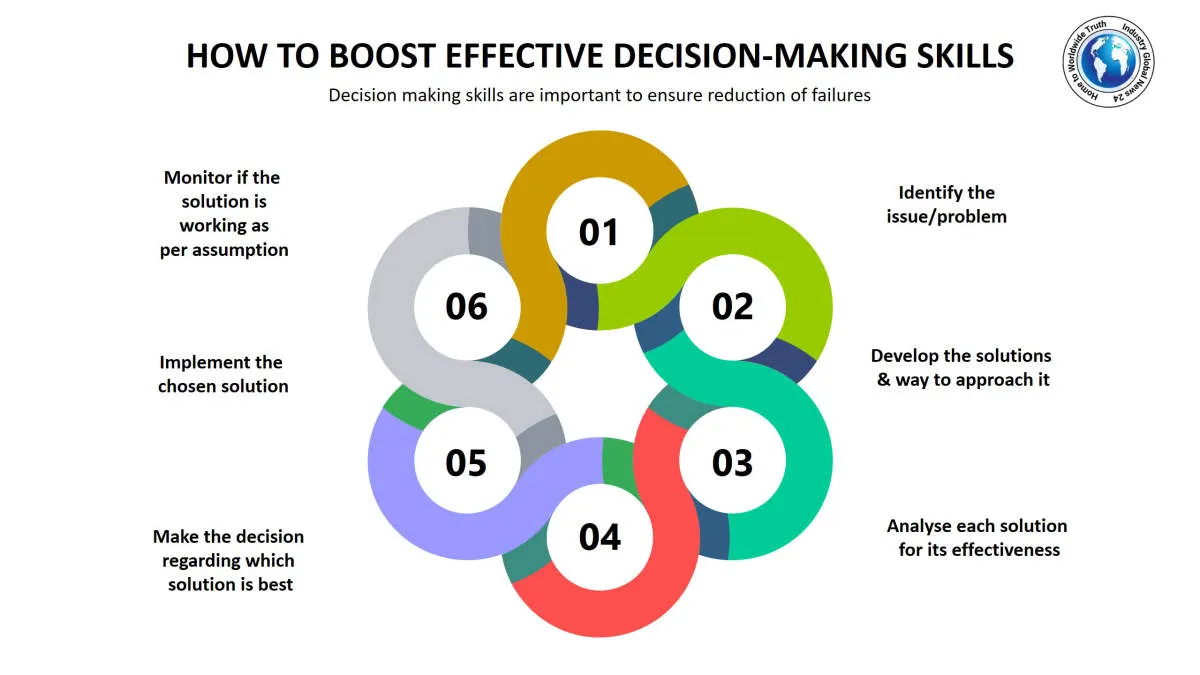
Effective leadership hinges on the ability to make sound and timely decisions. Leaders are often faced with complex situations that require careful analysis, consideration of potential outcomes, and the confidence to choose a course of action.
Key aspects of strong decision-making for leaders include:
- Problem-solving: Clearly identifying challenges, gathering relevant information, and exploring potential solutions.
- Critical thinking: Objectively analyzing information, weighing potential biases, and evaluating different perspectives.
- Data-driven approach: Utilizing data and analytics to inform decisions, reducing reliance on assumptions or gut feelings.
- Delegation and Collaboration: Knowing when to seek input from others, fostering a collaborative environment, and empowering team members.
- Risk assessment: Understanding and evaluating potential risks associated with each decision, developing mitigation strategies.
- Adaptability: Remaining flexible and adjusting decisions as new information arises or circumstances change.
By cultivating these decision-making abilities, leaders can navigate challenges effectively, inspire confidence in their teams, and drive organizational success.
Motivating Your Team

One of the most crucial aspects of effective leadership is the ability to motivate your team. A motivated team is a productive team, one more likely to go the extra mile, innovate, and achieve extraordinary results. Here’s how to foster a motivating environment:
Understand Individual Motivators:
Not everyone is driven by the same things. Take the time to get to know your team members individually. Understand their career goals, what excites them, and what challenges they enjoy. This allows you to tailor your approach to motivation for each individual.
Set Clear Expectations and Goals:
Ambiguity breeds uncertainty and demotivation. Clearly communicate expectations, roles, and responsibilities. Establish specific, measurable, achievable, relevant, and time-bound (SMART) goals. When individuals have a clear understanding of what they’re working towards and their role in the bigger picture, they’re more likely to be engaged and motivated.
Recognize and Reward Achievements:
Positive reinforcement goes a long way. Celebrate successes, both big and small. Acknowledge individual and team accomplishments publicly. Offer meaningful rewards that align with individual motivators – whether it’s a bonus, extra time off, or simply a sincere word of praise.
Provide Opportunities for Growth and Development:
Stagnation kills motivation. Invest in your team’s professional growth. Offer opportunities for training, workshops, mentorship programs, and challenging assignments. When individuals feel like they’re learning, growing, and advancing their careers, they are more likely to be engaged and driven.
Foster a Positive and Supportive Work Environment:
A toxic work environment can quickly erode motivation. Cultivate a culture of respect, open communication, and collaboration. Encourage feedback and ideas from all team members. Create a space where individuals feel valued, supported, and heard.
Conflict Resolution

As a manager, you will inevitably face conflict within your team. It’s essential to view conflict not as a negative but as an opportunity for growth and improvement. Effective leaders don’t shy away from conflict but instead, address it head-on with diplomacy and a focus on finding mutually beneficial solutions.
Here are some key skills for conflict resolution:
- Active Listening: Pay close attention to each party involved, ensuring everyone feels heard and understood. Acknowledge their perspectives, even if you don’t agree with them.
- Emotional Intelligence: Be aware of your own emotions and those of the individuals involved. Approach the situation with empathy and understanding.
- Objectivity: Strive to remain neutral and focus on the facts of the issue rather than personal opinions or biases.
- Problem-Solving: Guide the conversation towards finding a solution that addresses the needs and concerns of all parties involved. Encourage collaboration and brainstorming.
- Communication: Clearly articulate expectations, actively listen to responses, and ensure all parties understand the agreed-upon resolution.
Leading by Example
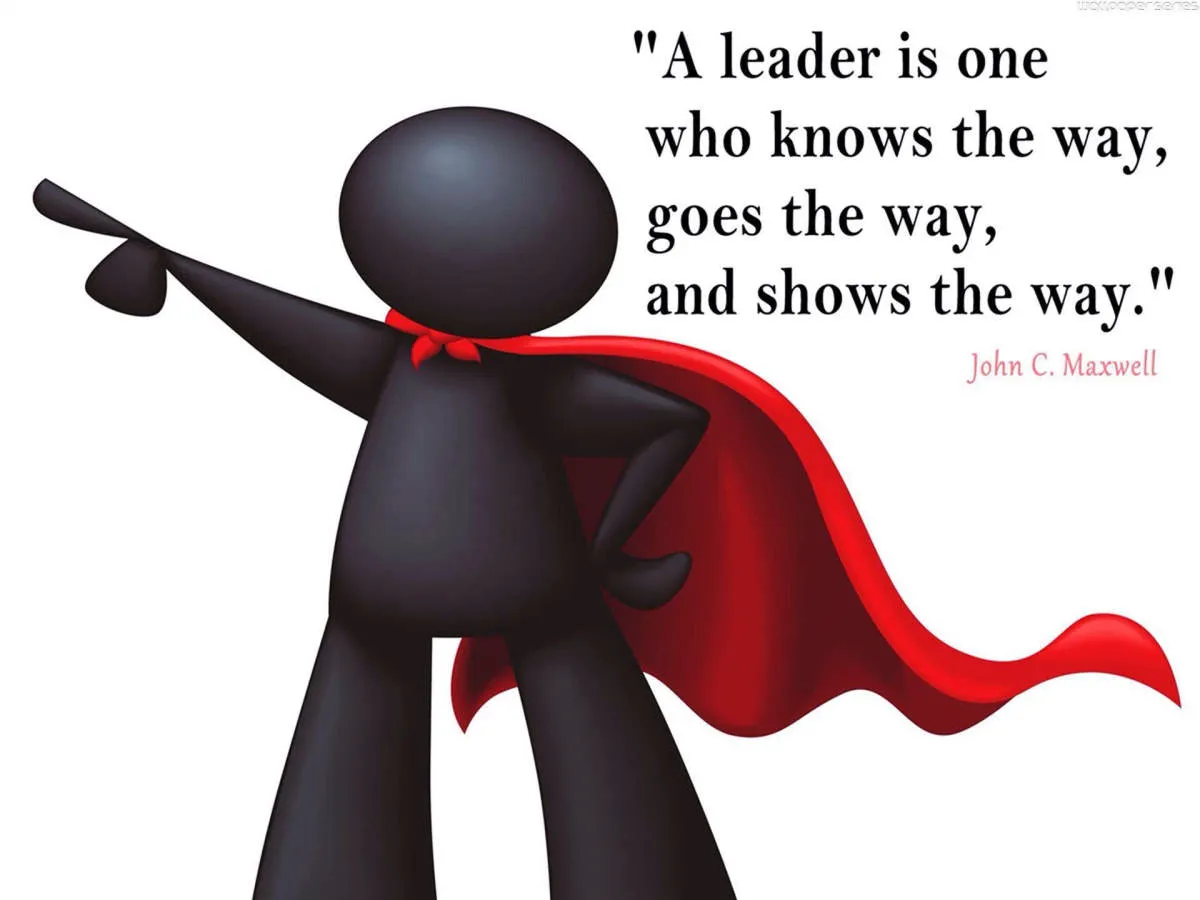
Leading by example is arguably the most effective way to inspire and motivate a team. When employees see their manager actively embodying the values, work ethic, and behaviors they’re expected to uphold, it fosters a culture of trust, respect, and high performance.
What does leading by example look like?
It’s more than just “talking the talk.” It’s about consistently demonstrating the desired actions and attitudes. Here’s how:
- Commitment and Work Ethic: Demonstrate dedication to the company’s goals, arrive on time, meet deadlines, and go the extra mile when needed. Your team will notice your commitment and be more likely to follow suit.
- Integrity and Honesty: Be transparent in your dealings, own up to mistakes, and always act ethically. This builds trust and earns respect.
- Communication and Collaboration: Be an active listener, communicate clearly and respectfully, and be open to feedback. Foster a collaborative environment where everyone feels heard and valued.
- Positive Attitude and Resilience: Maintain a positive outlook, even in challenging situations. Demonstrate resilience in the face of setbacks and inspire your team to do the same.
- Empowerment and Support: Delegate tasks effectively, provide the necessary resources and training, and offer support and guidance. When employees feel empowered, they’re more likely to take ownership and strive for excellence.
Conclusion
Developing effective leadership skills is crucial for every manager to achieve success in their roles and inspire their teams towards achieving organizational goals.

